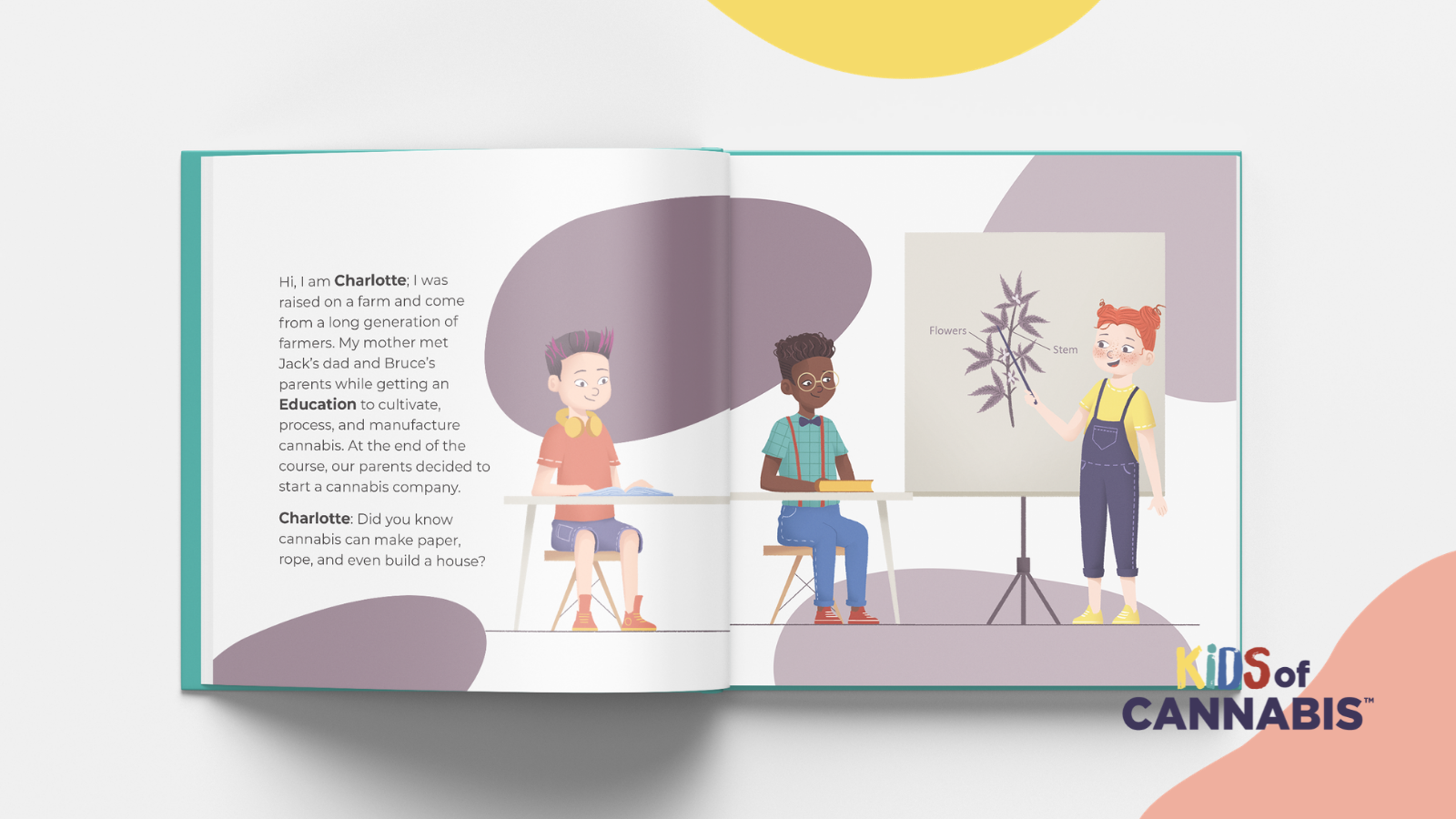The author of a new, ground-breaking book wants to break the century-long stigma that continues to impact those that work in the cannabis industry and their families.
Although Canada is perhaps the leading Western country in the global cannabis market, Brian Sekandi, the Co-Founder of Careers Cannabis, told Canex that the stigma is very much still alive.
“What really has been happening here in Canada”, Mr Sekandi told us, “is that the underground culture is slowly becoming mainstream.
“Basically, it means that you can walk in the street, and smoke; you can sit in a park, and smoke. There is still a little bit of a stigma but that’s a lot less now as one can legally consume cannabis in the public.”
However, Mr Sekandi believes that there is still a lot of work to do.
He said: “Canada is one of the first developed nations to have a fully legal system. The Canadian market place is just an explosion of entrepreneurship and opportunities, in terms of job growth.
“But we are also seeing a very closed industry. People in the cannabis industry tend to come from more regulated spaces – alcohol, tobacco, pharmaceutical.
“It has kind of created an environment where we are isolated and not as inclusive as it could be.
“There has been a lot of talk in the US and Canada about how the cannabis industry from an employment standpoint isn’t that diverse.”
After talking with individuals looking for a job in the cannabis industry, Mr Sekandi came up with the idea to write a book on the issue.

It came after more and more people got in touch with him saying they don’t know how to break the news at home that they will be working with cannabis – a drug that has been largely criminalised for over a decade.
Mr Sekandi said: “One of the things we kept encountering when we were speaking with individuals was ‘what do I tell my kids’ and there was still a family stigma. For those who were trying to get in that was the biggest concern.
“So we found that parents who had kids coming into the teenage years – nine and up – were worried because in a few years the kids would legally be able to consume cannabis and by working in the cannabis industry were they giving the children permission to use?
“While the parents acknowledged that cannabis was healthier than alcohol, for example, it would be still a challenge to explain it to the kids, their friends, their spouses.
“The more time we investigated in the topic, the more we realised that kids are actually impacted by the stigma. What will they tell their friends when they are going to school? How is that reaction?
“We thought that format of children book was the best as the way the book is designed is kids describing the cannabis industry. We wanted to keep it very simple so children could understand it.”
With “Kids of Cannabis”, Mr Sekandi has a clear message: families deserve a space and a place in cannabis.
As in many ways Canada is one of the pioneers of running a successful legal cannabis market, Mr Sekandi said books like his have important roles in further education.
The stigma will be there for a while but luckily there are people like Mr Sekandi who want to do something about it.

